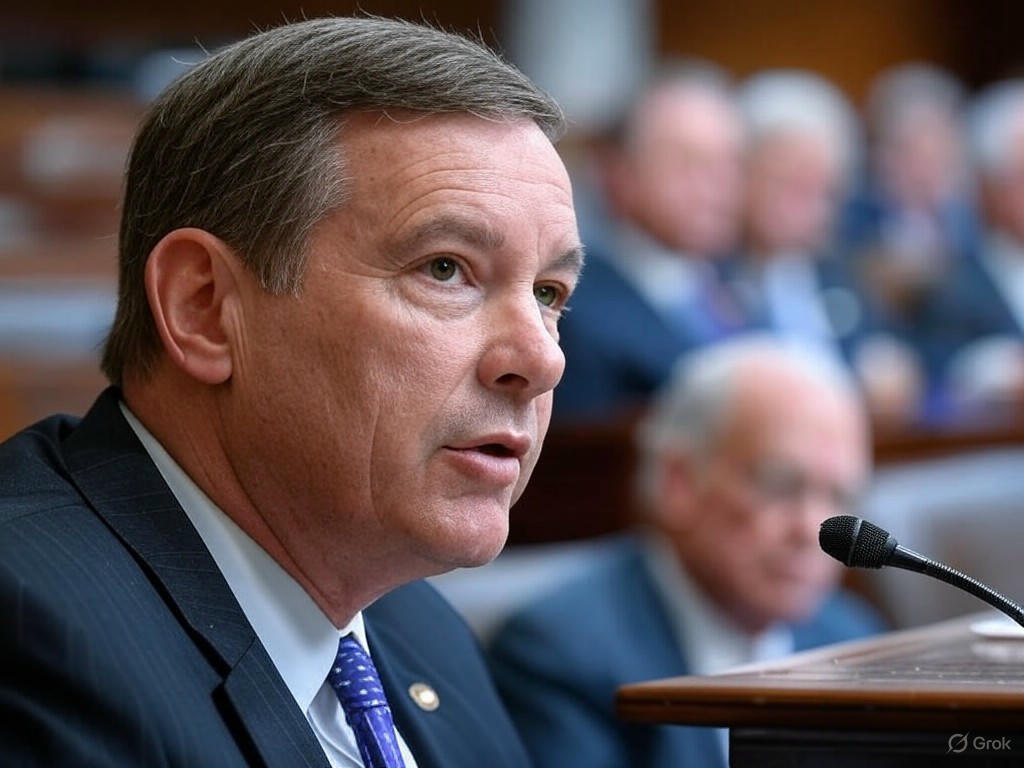Senate Approves Groundbreaking GENIUS Act Amid Crypto Controversy
In a surprising turn of events, the U.S. Senate has passed the GENIUS Act, a pioneering piece of legislation aimed at regulating stablecoins, a type of cryptocurrency designed to maintain a steady value. This marks a significant milestone in the government’s approach to digital currencies, which have long operated in a regulatory gray area. Despite lingering concerns about corruption and illicit activities in the crypto space, the bill managed to garner bipartisan support, a rarity in today’s polarized political climate. The vote, held earlier this week, signals a potential shift in how lawmakers view the intersection of technology and finance.
The GENIUS Act seeks to create a structured framework for stablecoins, which are often pegged to traditional assets like the U.S. dollar to minimize volatility. Supporters argue that this regulation will provide much-needed clarity for businesses and investors while protecting consumers from the risks associated with unmonitored digital assets. Stablecoins have surged in popularity for facilitating fast, low-cost transactions across borders, but their lack of oversight has raised red flags. High-profile scandals involving crypto exchanges and allegations of money laundering have fueled skepticism among some lawmakers, who fear that bad actors could exploit these digital currencies. Yet, the bipartisan backing of the GENIUS Act suggests a growing consensus that innovation in fintech must be balanced with accountability.
Critics of the bill, however, remain vocal about potential loopholes. Some senators expressed unease during debates, pointing to recent reports of corruption tied to crypto lobbying efforts. They worry that the legislation, while a step forward, may not go far enough in addressing systemic issues like fraud and market manipulation. Others argue that overregulation could stifle the very innovation that stablecoins represent, potentially pushing businesses overseas to jurisdictions with looser rules. Despite these concerns, the bill’s passage reflects a pragmatic compromise, with both parties acknowledging the need to adapt to a rapidly evolving financial landscape. Industry leaders have largely welcomed the move, viewing it as a sign of legitimacy for cryptocurrencies, which could encourage wider adoption.
Looking ahead, the GENIUS Act’s journey is far from over. The bill now heads to the House of Representatives, where it may face further scrutiny and amendments. If successful, it could set a precedent for broader crypto regulation in the United States, positioning the country as a leader in shaping the future of digital finance. For now, the Senate’s decision stands as a testament to the power of bipartisan collaboration, even on contentious issues. As the world watches how this legislation unfolds, one thing is clear: the era of unregulated cryptocurrencies may soon come to an end, paving the way for a more secure and transparent financial ecosystem. The GENIUS Act could very well be the first step toward redefining trust in the digital age.


